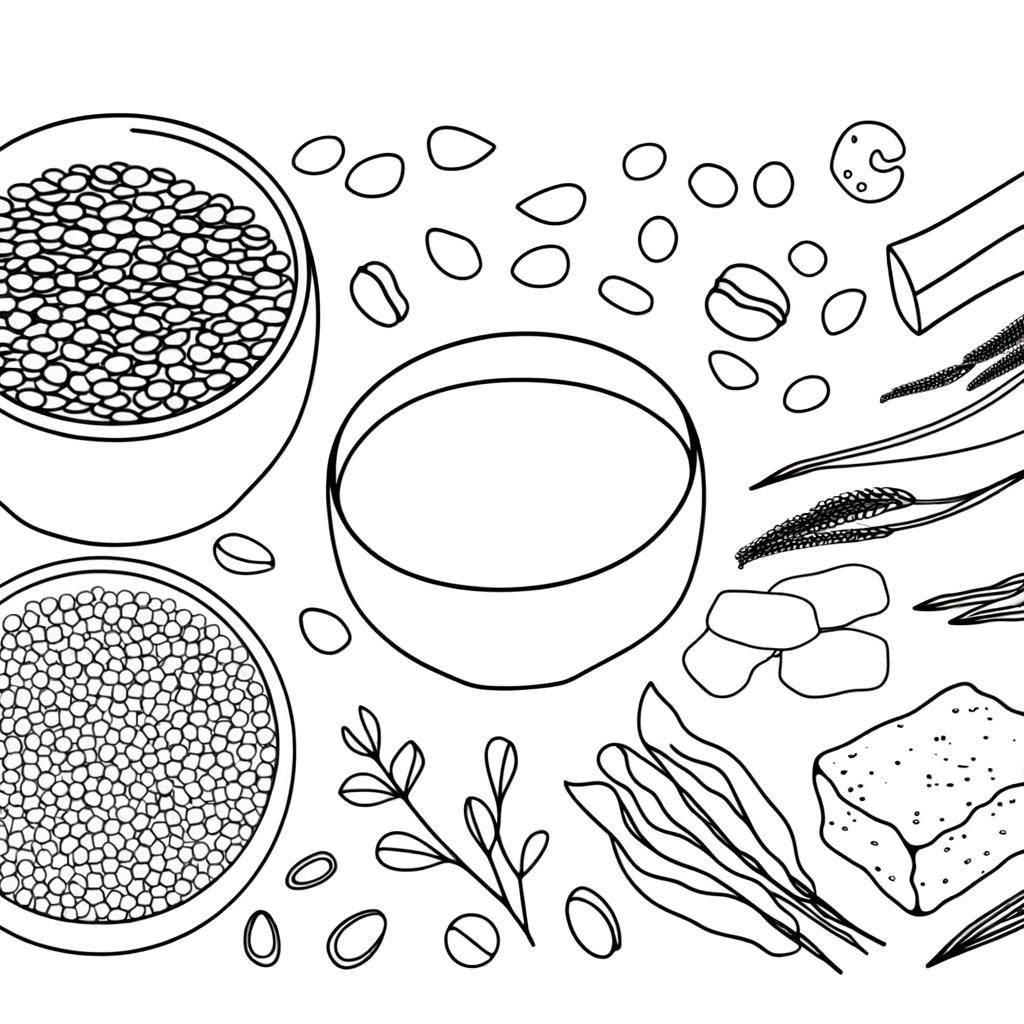Are You Getting Enough Protein as a Vegetarian? Here’s How to Tell

Vegetarians don’t need to worry about protein deficiency as much as your uncle Bob thinks they do at Thanksgiving dinner. Despite the constant “but where do you get your protein?” questions, meeting your daily protein needs on a plant-based diet is totally doable and doesn’t require eating 17 blocks of tofu every day. 😅
Let’s cut through the noise and figure out exactly how much protein vegetarians actually need, and the best ways to get it without eating animals.
The standard recommendation most nutritional guidelines give is about 0.8 grams of protein per kilogram of body weight. For the math-averse among us, that’s roughly 56 grams daily for men and 46 grams for women.
But like most things in nutrition, it’s not one-size-fits-all. Your protein needs change based on:
- Your activity level (gym rats need more)
- Your age (older folks need more)
- Your health goals (trying to build muscle? You’ll need more)
If you’re a strict vegan who doesn’t eat any animal products at all, you might need slightly more protein – around 63 grams for men and 52 grams for women – since plant proteins aren’t always absorbed as efficiently as animal proteins.
Plant-Based Protein Powerhouses 💪
Good news The plant kingdom is LOADED with protein options:
1. Beans and Legumes
These are the MVPs of vegetarian protein. We’re talking:
- Lentils (9g protein per half cup)
- Chickpeas
- Black beans
- Kidney beans
- Lima beans
- Soybeans
One cup of lentils has more protein than a chicken drumstick Throw them in soups, salads, or make bean burgers.
2. Dairy Products
If you’re lacto-vegetarian (meaning you eat dairy), you’ve got some protein heavy-hitters available:
- Greek yogurt (a whopping 23g protein per cup!)
- Cottage cheese
- Regular cheese
These are complete proteins, meaning they have all nine essential amino acids your body can’t make on its own.
3. Eggs
For the ovo-vegetarians in the house, eggs pack 6-8 grams of protein per egg and are another complete protein source. Breakfast scramble, anyone? 🍳
4. Seeds and Nuts
Don’t sleep on these tiny protein packages:
- Hemp seeds (a complete protein with 30g per 100g!)
- Chia seeds
- Pumpkin seeds
- Peanuts
5. Grains
While not protein superstars compared to the others, quinoa deserves special mention as it’s a complete protein with about 8 grams per cup.
Breaking the Protein Combining Myth
Remember that old idea that vegetarians need to carefully combine plant foods at each meal to get “complete proteins”? Yeah, that’s been debunked. 🙅♂️
Modern research shows that if you’re eating a variety of whole foods throughout the day, your body gets all the amino acids it needs. So you don’t need to stress about pairing beans with rice at every meal!
Tips for Leveling Up Your Vegetarian Protein Game
- Spread protein throughout the day instead of trying to get it all at once. Your muscles will thank you.
- Get creative with cooking – beans don’t have to be boring Try falafels, bean dips, or spicy curries.
- Stay hydrated – water helps your body use protein efficiently.
Want to go deeper into plant-based nutrition? The Vegetarian Resource Group has great info on vegan protein needs. Additionally, for insights into plant-based protein options like edamame, lentils, and more, visit EatingWell’s Plant-Based Protein Guide. If you’re interested in how a plant-based diet can enhance athletic performance, check out Forks Over Knives. For more on the nutritional benefits of plant proteins and how they can help reduce chronic diseases, visit the Mayo Clinic’s Plant-Based Proteins page.
The bottom line? Vegetarians can easily meet their protein needs without much effort. Eat a variety of plant foods, don’t overthink it, and you’ll be getting plenty of protein to thrive. 💚
